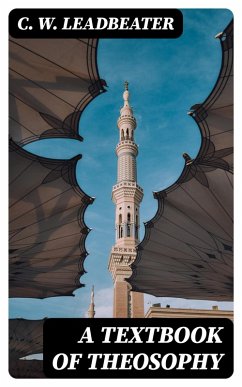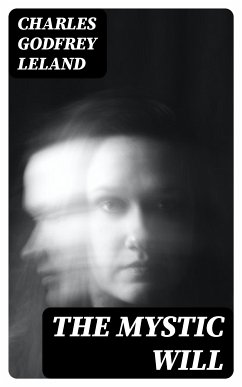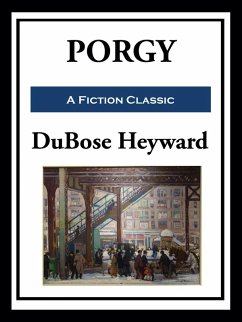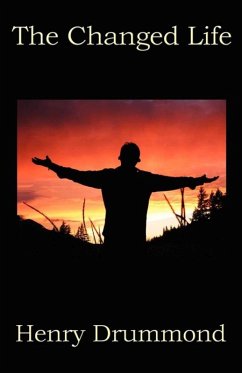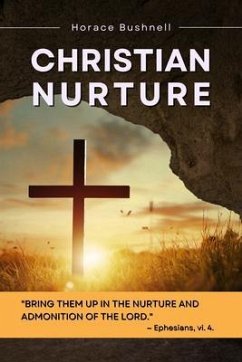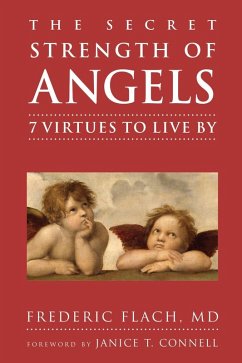
AE in the Irish Theosophist (eBook, ePUB)
Versandkostenfrei!
Sofort per Download lieferbar
0,49 €
inkl. MwSt.
Weitere Ausgaben:

PAYBACK Punkte
0 °P sammeln!
In "AE in the Irish Theosophist," George William Russell explores the intricate interplay between mysticism and literature within the context of early 20th-century Ireland. This collection of essays and reflections showcases Russell's unique literary style, marked by an ethereal prose that weaves together personal insights and profound philosophical inquiries. Positioned within the broader literary movement of Irish nationalism and the burgeoning interest in Eastern philosophies, Russell delves into themes of transcendence, spirituality, and the quest for deeper truths that resonate with the e...
In "AE in the Irish Theosophist," George William Russell explores the intricate interplay between mysticism and literature within the context of early 20th-century Ireland. This collection of essays and reflections showcases Russell's unique literary style, marked by an ethereal prose that weaves together personal insights and profound philosophical inquiries. Positioned within the broader literary movement of Irish nationalism and the burgeoning interest in Eastern philosophies, Russell delves into themes of transcendence, spirituality, and the quest for deeper truths that resonate with the era's search for identity and meaning amidst socio-political upheaval. George William Russell, known as "AE," was a pivotal figure in the Irish literary revival and a founding member of the Theosophical Society in Ireland. His deep involvement in art, literature, and spirituality heavily influenced his writings, making him a compelling voice in theosophical discourse. Russell's personal experiences with mysticism and his keen sense of the Irish landscape undoubtedly shaped his perspectives, providing rich insights into the relationship between artistic expression and spiritual exploration. "AE in the Irish Theosophist" is highly recommended for readers interested in the confluence of literature and spirituality. Russell's eloquent prose invites exploration into the depths of the human experience, making this work essential for students of Irish literature, mysticism, and theosophy alike.
Dieser Download kann aus rechtlichen Gründen nur mit Rechnungsadresse in A, B, BG, CY, CZ, D, DK, EW, E, FIN, F, GR, H, IRL, I, LT, L, LR, M, NL, PL, P, R, S, SLO, SK ausgeliefert werden.





